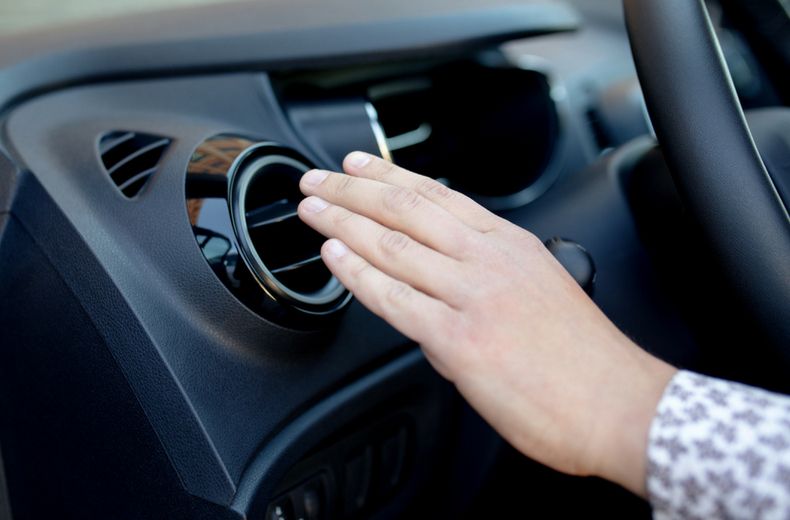The shocking new figures show that some of the country’s most popular cars have air-conditioning units that are filtering out as little as 1% of toxic particles.
Ford Fiestas, Volkswagen Polos, and Toyota C-HRs are all listed as models that are putting their owners are risk due to flawed filtering systems.
The poisonous air particles, which come from other vehicles’ exhaust fumes, can cause asthma attacks and other respiratory health issues for unsuspecting car users.
MORE: Air-con regassing - everything you need to know & Exhaust repair
The study, carried out by researchers at Emissions Analytics, analysed the effectiveness of the air-conditioning filtering systems across 11 popular models.
It found that there are up to 57,000 toxic particles in every cubic centimetre of roadside air samples, meaning motorists could be inhaling up to 28 million particles with every breath.
Research showed that the Toyota C-HR had the worst performing filter, removing just 1% of toxic air particles, while the popular Volkswagen Polo removed 35%.
The best-performing model was the Mercedes-Benz E-Class, which filtered out 90% of pollutants even when stuck in heavy traffic.
IN OTHER NEWS: Should you use your air-con in the winter?
Nick Molden, CEO at Emissions Analytics, said much of the problem stems from a lack of government standards for filtration systems.
He said: "There is little data to tell consumers what they are buying. So, if you have kids with asthma or other conditions you cannot tell if the car you are buying will protect them."
The worrying news comes as the government revealed plans for a £400 million strategy to boost electric vehicle usage in the UK.
The ‘Road to Zero’ strategy, announced by Transport Secretary Chris Grayling, could see thousands of new charging points installed across the country to help boost the EV industry and fuel the move to ultra-low emission vehicles.






